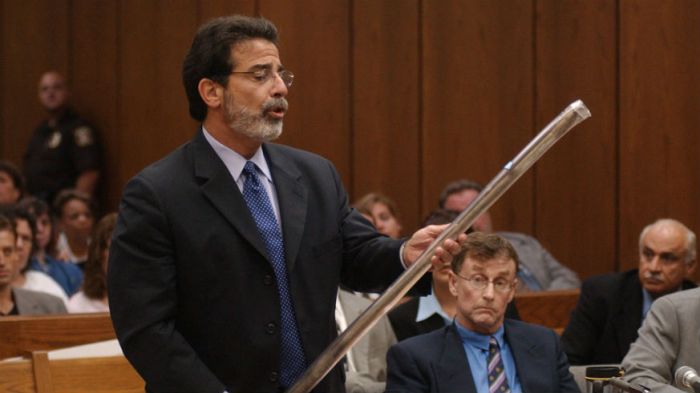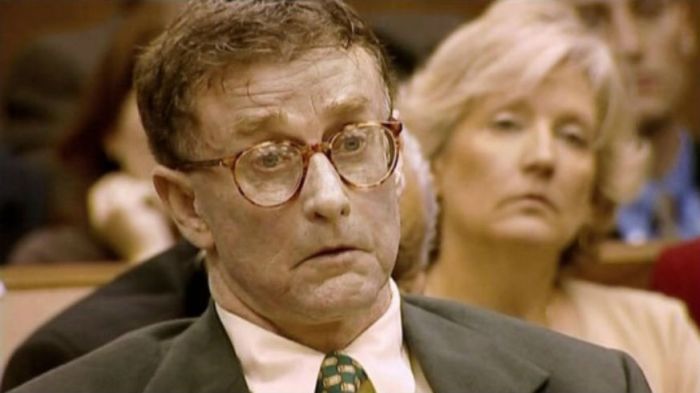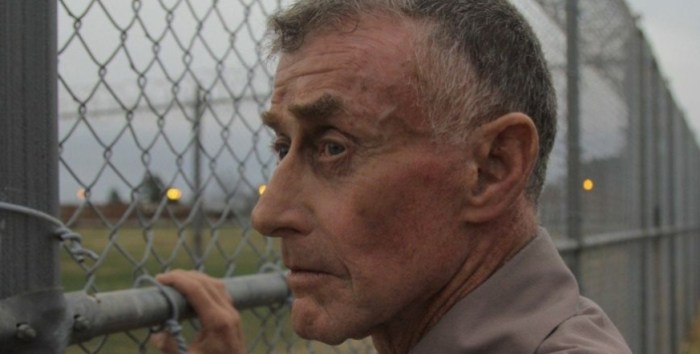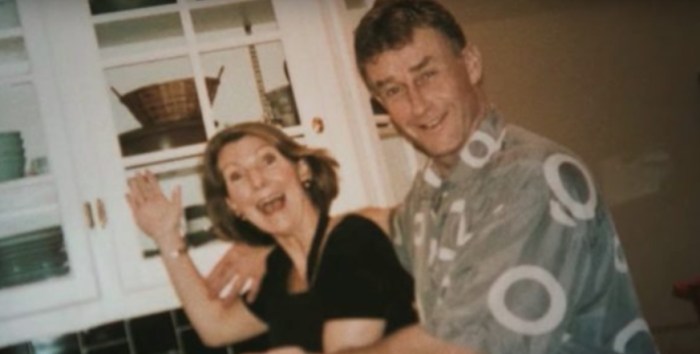There’s no denying the fact that Netflix has irrevocably changed both the movie and television industries over the last few years.
When it comes to television, Netflix has antiquated the television rating system, made binge watching a regular activity, and boosted the crime documentary tenfold.
When it comes to the movie industry we’re still really waiting of find out what Netflix’s longterm impact is going to be.
This summer, thanks to the likes of “To All The Boys I’ve Loved Before” and “Set It Up,” it has rejuvenated the romantic-comedy genre, while the fact that Oscar winning talents Alfonso Cuaron, Martin Scorsese and The Coen Brothers have new films coming out on the site in the next few months proves that directors no longer have any qualms about working with Netflix.
Over the last few weeks I have spoken to a variety of directors and actors that have worked with Netflix, during which time I asked them about how the site has changed the movie and television industry.
“All The Boys I’ve Loved Before’s” director Susan Johnson …
“They have an advantage, in that they can see what viewers are looking for. They’re 24/7, they have teams everywhere literally looking for what people are searching for.”
“So when they realized that people were looking for romantic comedies and they didn’t have enough material they put this all together. It is so smart. Studios can’t do that, and independent studios certainly can’t do that.”
“They knew what people were looking for. And I think that is really exciting. They have the ability to change what is being made by researching what people are looking for. It is a little Big Brother. But it is also extremely exciting.”
“Set It Up” actor Glen Powell …
“I got this script 3 years ago. It was originally at MGM. Emilia Clarke was on it, I did a chemistry read with her, and then she went onto ‘Han Solo.’ There were a couple of reasons why it didn’t work out over there.”
“But I couldn’t feel more blessed that we ended up at Netflix. They let us make the movie we wanted to make. They gave us no bad notes.They trusted Claire Scanlon and Katie Silberman who wrote it and lets just do our thing. I think the movie is all the better for it.”
“Sometimes at an old fashioned studio there are a lot of cooks in the kitchen, there are shareholders to be responsible, too, and there are a lot of people that can get in your ear and they can syphon out the goodness that a movie starts off with. They can suck it dry.”
“I think this movie was made with pure love, is straight from Katie and Claire. That’s the great thing about Netflix, too.”
“You’re not beholden to the MPAA and the old school rules of like, ‘Wait, if we say the F-word here we are going to get this rating.’ You start to worry about that.”
“Suddenly the business starts messing with the creative, and you start feeling that business, and then it starts feeling like it was made by a studio rather than people just wanting to put a great movie out into the world.”
“This movie was made with love. I don’t feel like you feel the corporation behind it. Netflix are just true fans of this movie.”
Director Jean-Xavier de Lestrade on the impact of “The Staircase” …
“Netflix has changed totally the way people and the audience can watch this kind of documentary series. As I said, the first time that the first eight hours of ‘The Staircase’ was shown was at Sundance, and very few people could watch it.”
“But now with Netflix and other platforms so many people can get the access to this kind of series and that changed everything. But of course the exposure not just of the series but all the characters and people in the series changed totally.”
“We have to be very careful in the way we are all responsible for putting the life of real people available for millions of other people. That’s why I said I was quite concerned with Michael Peterson’s family and the attention they might get from other people.”
“I feel responsible for that, and can feel it very deeply. Of course I am very happy for Netflix and the series but on the other hand I didn’t really expect so much success and exposure.”

























